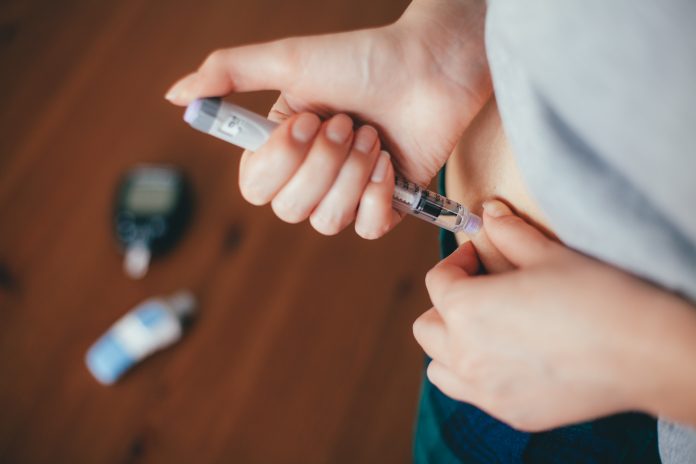A new clinical trial has suggested that a novel once-a-week insulin therapy could replace conventional Type 2 diabetes treatment.
The research, published in Diabetes Care, infers that an innovative new method of insulin therapy carries the same safety and efficiency as daily insulin injections, removing the inconvenience and stigma of the contemporary practice.
For the millions of people living with Type 2 diabetes worldwide, current insulin therapy carries with it a litany of negative connotations; accuracy of doses, glycaemic targets and timing of the dose makes ensuring effective insulin therapy an arduous task.
Factor in the general stigma of injecting publicly, the inconvenience of self-administering injections, or just the inherent fear of the medical needles – it becomes strikingly apparent that a more practical alternative would be welcomed by those suffering from the disease.
The researchers believe that medical advancements that reduce the dose frequency of Insulin will make patients less reluctant to partake in the therapy – improving glucose control, long-term adherence, and patient welfare.
Ildiko Lingvay, the leader of the study and Professor of Internal Medicine and Population and Data Sciences at UT Southwestern, said: “Insulin, which has been the foundation of diabetes treatment for 100 years, is an effective glucose-lowering agent and is safe when used at the correct dose.
“Insulin treatment is burdensome, requires frequent injections, and continues to carry a certain stigma. The development of effective and safe Insulin that can be administered once a week is a huge advance in the field.”
To conduct their study, 205 patients from seven different countries were analysed (the U.S., Croatia, Germany, Hungary, Poland, Slovakia, and Spain). The patients in the clinical trial were subjected to a two-week screening period, 16 weeks of treatment, and a further five-week follow up to deduce what would be optimal insulin treatment – finding the most efficient balance between lowering glucose and reducing low-glucose events.
Lingvay is also the author of a secondary study; her team comprised a further 154 patients from five countries (the U.S., Canada, the Czech Republic, Germany, and Italy). Likewise, this study followed the same 23-week methodology, evaluating practical aspects of insulin administration, in addition to analysing the optimal technique for transitioning from daily application to weekly, concluding that starting with a higher first does (loading dose), resulted in patients attaining the desired glucose target faster.
“These two studies served as the steppingstones for a large phase 3 clinical trial program that is currently ongoing at UT Southwestern and other sites, which is designed to evaluate the efficacy of once-weekly insulin administration in patients with either Type 1 or Type 2 diabetes,” Lingvay explained.
“A weekly insulin is a game-changer that will decrease the treatment burden for patients while also improving compliance. This treatment will also decrease the burden on those who care for patients with diabetes requiring Insulin. For example, for patients who need help injecting, those living in long-term care facilities, and those with memory problems, once-weekly Insulin will facilitate treatment and decrease the burden on the care providers.”








